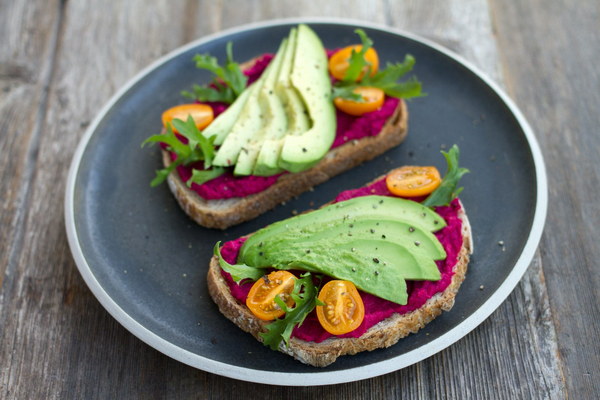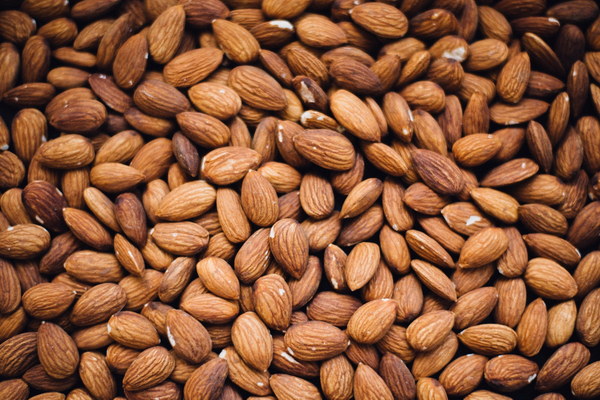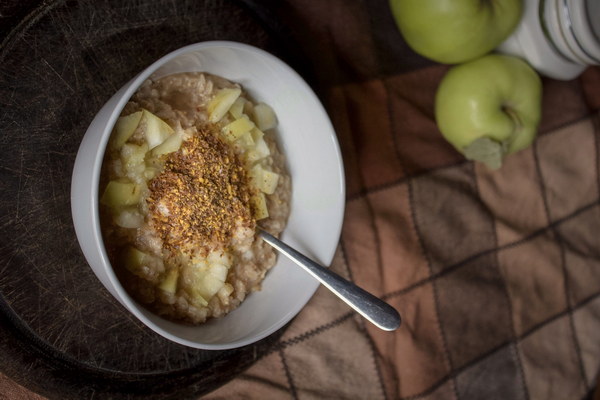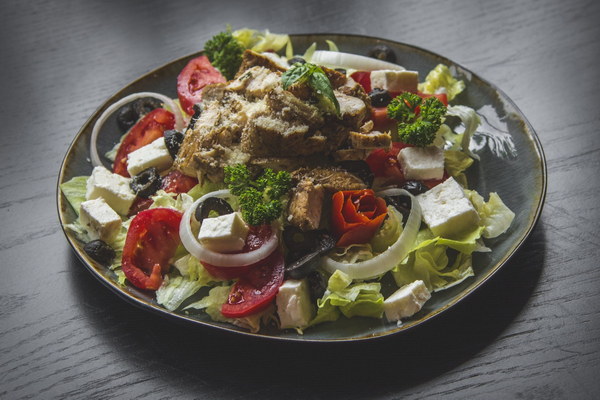Unveiling the Differences A Comparative Analysis of Shugan Tablets and Hugang Tablets
Introduction:

In the realm of traditional Chinese medicine, there are numerous herbal remedies that claim to offer relief for various health conditions. Two popular herbal formulations, Shugan Tablets and Hugang Tablets, often cause confusion due to their similar names. This article aims to shed light on the differences between these two herbal remedies, highlighting their unique properties and intended uses.
Shugan Tablets:
Shugan Tablets, also known as Xiang Sha Liu Jun Zi Wan in Chinese, are a traditional Chinese herbal formula designed to alleviate the symptoms of liver depression and Qi stagnation. The primary ingredients in Shugan Tablets include safflower (Carthamus tinctorius), peony root (Paeonia lactiflora), and codonopsis root (Codonopsis pilosula). These herbs are believed to help improve the flow of Qi and blood in the liver, thereby alleviating symptoms such as:
1. Bitter taste in the mouth
2. Distended abdomen
3. Chest tightness
4. Mood swings
5. Menstrual irregularities
Shugan Tablets are commonly prescribed for individuals suffering from conditions such as liver depression, menstrual disorders, and postpartum syndrome. The formula's primary function is to invigorate the liver and regulate Qi, promoting a harmonious balance in the body.
Hugang Tablets:
Hugang Tablets, also known as Hugang Wan, are another traditional Chinese herbal formula that focuses on treating liver and kidney imbalances. The primary ingredients in Hugang Tablets include Eucommia bark (Eucommia ulmoides), Cornus fruit (Cornus officinalis), and Cuscuta seed (Cuscuta chinensis). These herbs are believed to nourish the liver and kidneys, strengthen the tendons and bones, and improve overall vitality. Hugang Tablets are commonly prescribed for the following conditions:
1. Back and knee pain
2. Weakness in the legs and feet
3. Premature aging
4. Hair loss
5. Erectile dysfunction
The main function of Hugang Tablets is to nourish the liver and kidneys, which are essential for maintaining a healthy body and mind. By addressing these imbalances, Hugang Tablets help alleviate the symptoms associated with liver and kidney deficiencies.
Differences between Shugan Tablets and Hugang Tablets:
1. Ingredients: While both formulas aim to address liver-related issues, the ingredients and their properties differ. Shugan Tablets focus on invigorating the liver and regulating Qi, while Hugang Tablets concentrate on nourishing the liver and kidneys.
2. Indications: Shugan Tablets are primarily used to treat liver depression and Qi stagnation, while Hugang Tablets are more suitable for liver and kidney imbalances, including back and knee pain, and weakness in the legs and feet.
3. Application: Shugan Tablets are often taken during the menstrual cycle or for individuals with mood swings and menstrual irregularities. On the other hand, Hugang Tablets are commonly prescribed for individuals experiencing aging-related symptoms and those seeking to strengthen their tendons and bones.
Conclusion:
In summary, while Shugan Tablets and Hugang Tablets share a similar name and focus on liver health, they differ in their ingredients, indications, and applications. Shugan Tablets are ideal for treating liver depression and Qi stagnation, while Hugang Tablets are more suitable for addressing liver and kidney imbalances. It is essential to consult a healthcare professional or a qualified TCM practitioner to determine the most appropriate herbal formula for your specific health needs.









